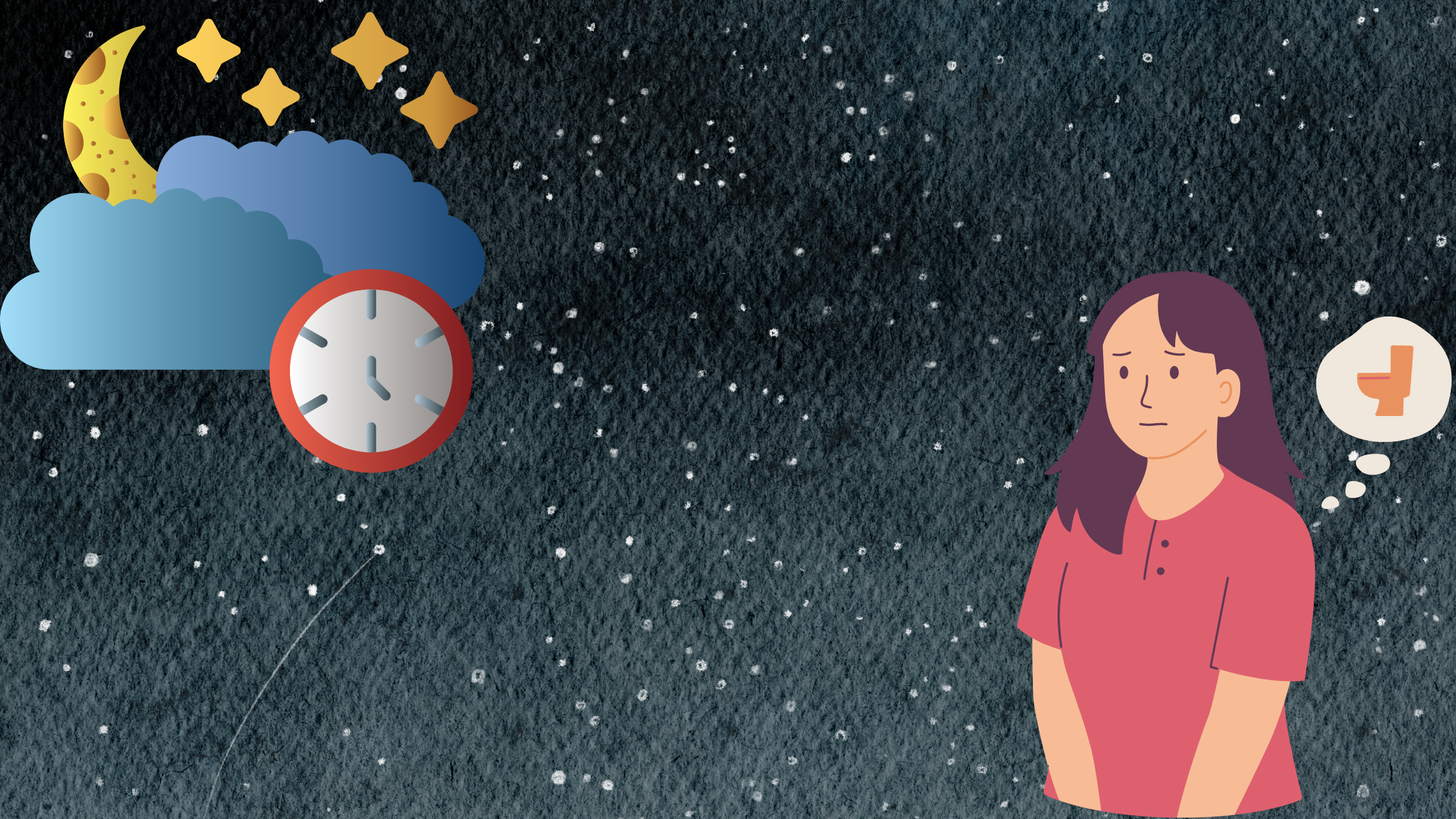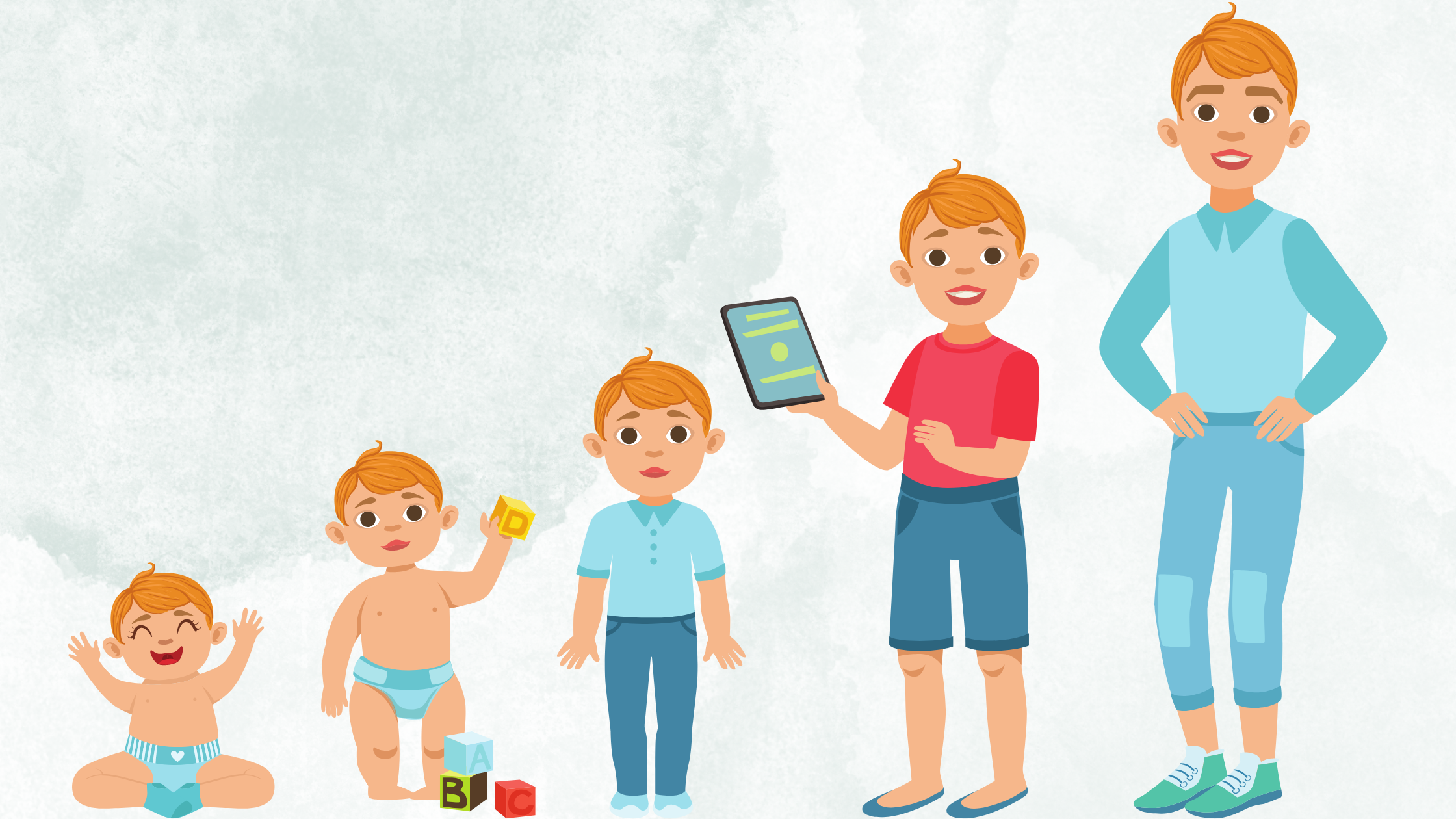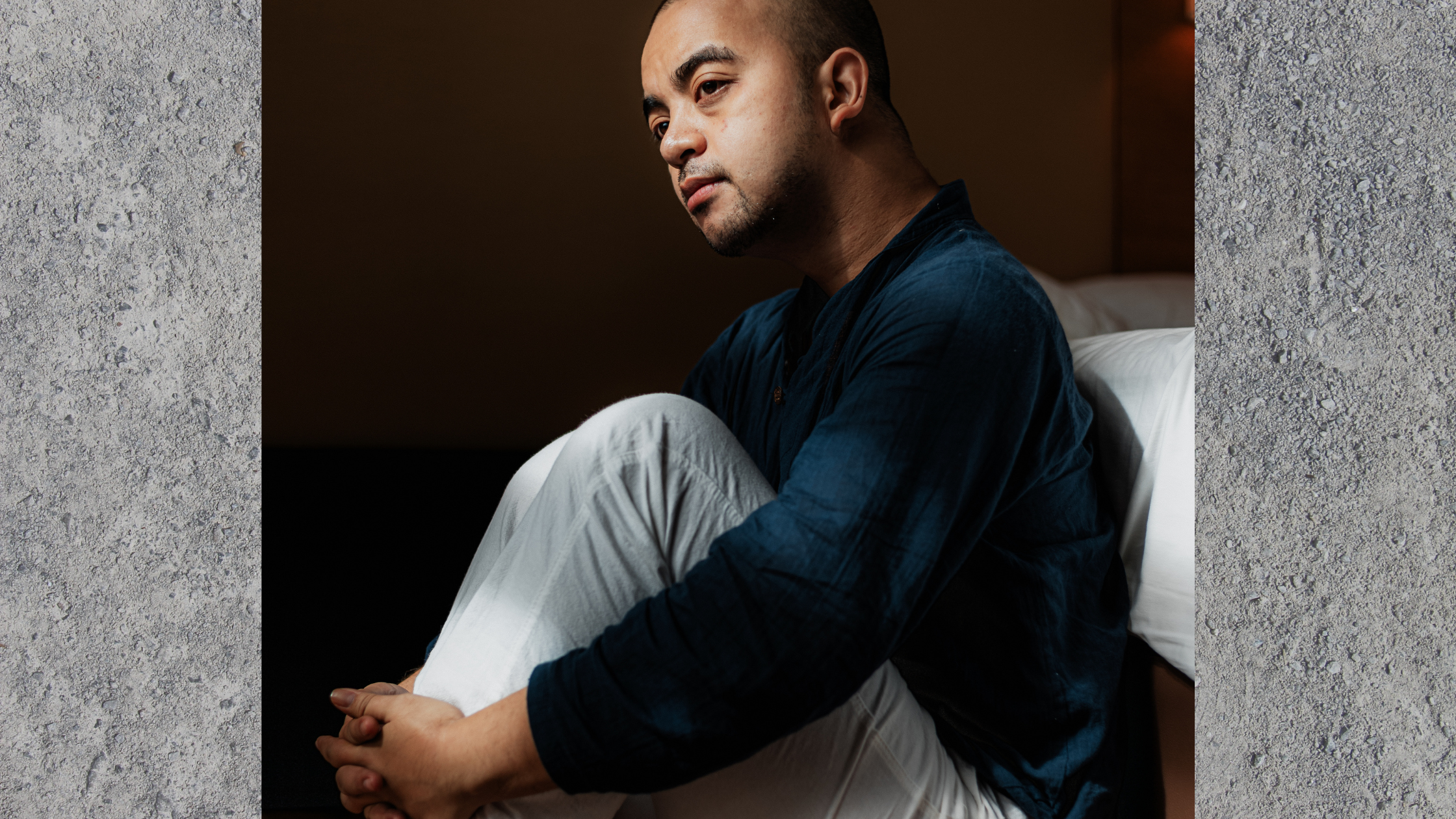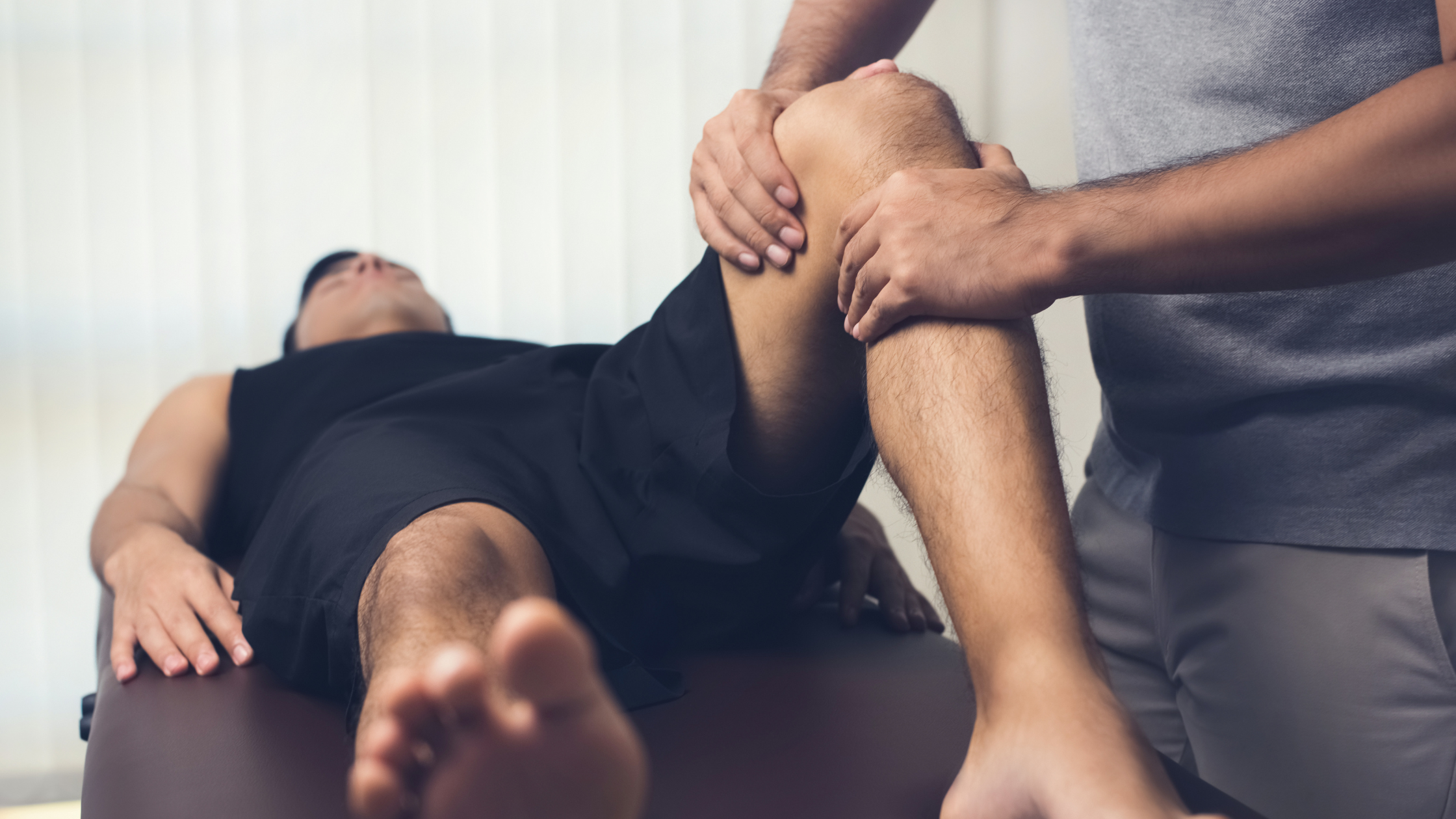Every day, we make thousands of decisions—what to eat, how to respond to an email, whether to push through fatigue or take a break. While we often think of decision-making as a purely rational process, it is deeply influenced by one biological factor: sleep. When sleep is sufficient, the brain evaluates options, weighs consequences, and regulates impulses efficiently. When sleep is lacking, those same processes break down in predictable ways.
Understanding how sleep affects decision-making helps explain why fatigue leads to poor judgment, increased risk-taking, and choices we later regret.










